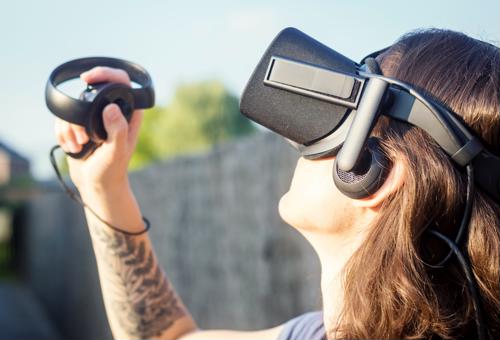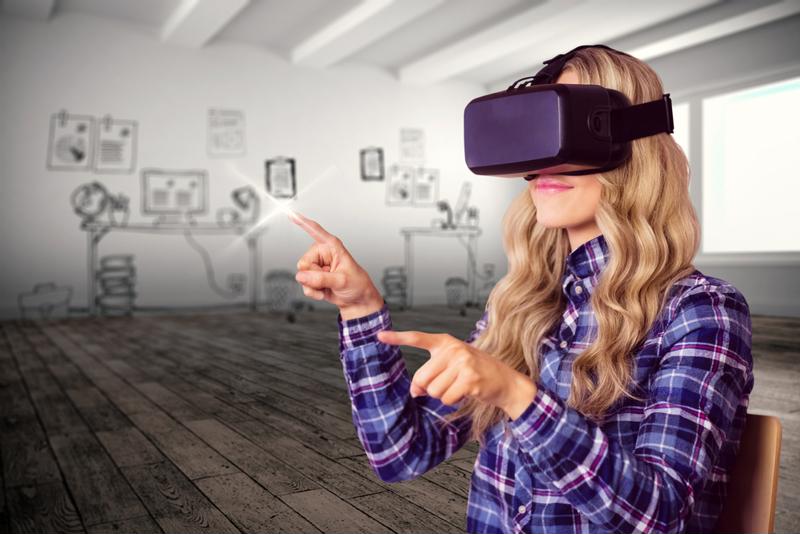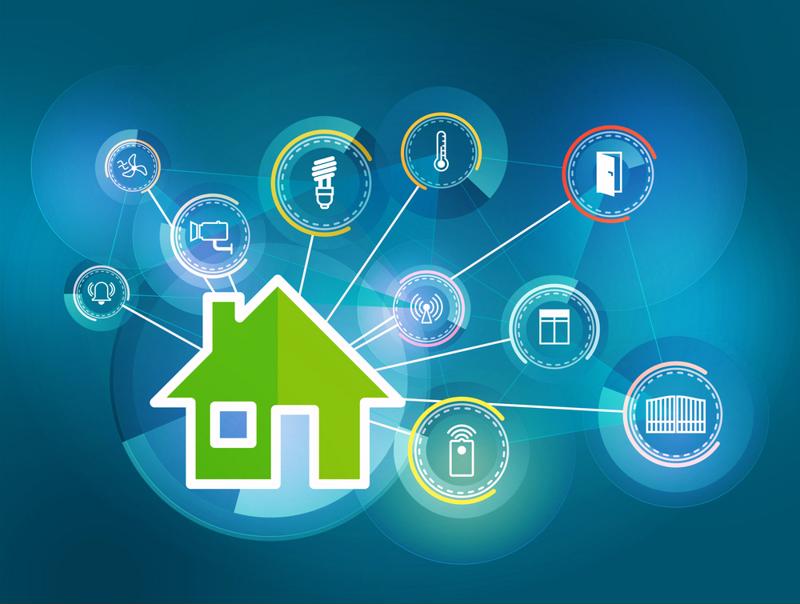
How the real estate industry is benefiting from IoT
By Max BurkhalterApril 3, 2018
The internet of things is changing essential business functions across industries, and the real estate sector is no different. At first glance, some agents and brokers may not understand the immediate benefits of IoT adoption. After all, their job duties haven't changed much in decades.
However, this surplus of data and technology should not be dismissed, especially since its widespread implementation will happen, with or without real estate professionals being on board. In order to stay competitive, real estate firms are advised to embrace IoT on its value-adding merits.
Below, Perle has outlined some of the powerful improvements IoT technology will bring to the real estate sector:
Virtual property visits
One of the central features of real estate business is the property tour. Whether commercial or residential, clients want to see a space before they commit to purchasing. However, not every tour is convenient. A client may wish to see areas in three separate locations, separated by hours of travel. This process can take days to fully accomplish.
Virtual reality has changed this scenario. Now, clients who wish to see properties over a swath of distances can do so without leaving the real estate firm. VR software can realistically replicate indoor environments, complete with the sense of depth and space that clients care about. This tech represents a vast improvement over photos, which could be misleading or incomplete.
VR simulation is especially useful for property in a state of disrepair, or "fixer uppers" as the industry knows them. This technology isn't restricted by the same laws that govern actual reality. Real estate professionals can program several possible layouts into their software solutions, giving clients a range of ideas for what the space might look like once repairs are completed - as well as a realistic picture of what those renovations will cost.
Buildings don't even need to be fully complete for VR to allow clients to tour the property. According to Curbed, VR will enable real estate firms to construct virtual tours before the actual property is complete, speeding up the sell time and moving property at incredible speeds.
Clients can also see the properties' surroundings, as well as day/night lighting and any seasonal differences, no matter what time of year they are browsing.

Visualizing the move before it happens
One of the factors that causes hesitation from clients in residential and commercial real estate deals is visualizing the move. Is there enough space for furniture? Will the staff have enough desk space? Not every client can easily judge dimensional depth and mentally picture furnishings with accurate proportional awareness.
Now, however, they don't need to. VR and augmented reality solve this issue. Using technology as ubiquitous as a smartphone, real estate firms can allow clients to project furnishings into a home, seeing the exact size and dimension of every piece of furniture. Like VR, AR gives clients a fuller, more complete picture of the property, according to ThinkMobiles.
Clients concerned about piping or wiring can effectively "see through" the walls of a location, providing them with more information and better peace of mind. For any furnishings not currently owned but desired, AR can give price points and even ordering options, bringing real estate and commercial enterprises like IKEA and Wayfair even closer together.
Collecting building data to give clients vital information
Right now, real estate is a seller's market in many areas of the U.S. Property buyers are, in some cases, putting in offers without even seeing the location. However, this scenario won't last forever, the market will swing around and sellers - and by extent their real estate professionals - will need tools to help move properties.
Homes produce data on a level that is staggering. Currently, much of it is collected by the month. Values relating to heating, water, electricity are all gathered and stored by providers, available upon request to real estate agents. However, IoT provides a more accurate picture - data by the day. Homes that have been upgraded with smart technology can provide readouts, allowing sellers and buyers to see exactly where cost savings may exist.
IoT tech also enables increased automation. Lights need only be turned on exactly when certain conditions are met or at predetermined times and immediately switched off otherwise, reducing electricity spend. Security systems can automatically log employees entering and leaving, alerting other systems that they do or don't need to function.
Properties can live, for lack of a better word, becoming alive with IoT technology. This building space will be proactive with the owner through constant data stream, working to maximize property value on a daily basis.

Before real estate firms can enhance their systems, they must ensure they have reliable, secure network infrastructure. Perle has the experts and the hardware needed to upgrade online capabilities. Contact Perle today to learn how we can help your firm realize its true potential in an IoT-enhanced space.



